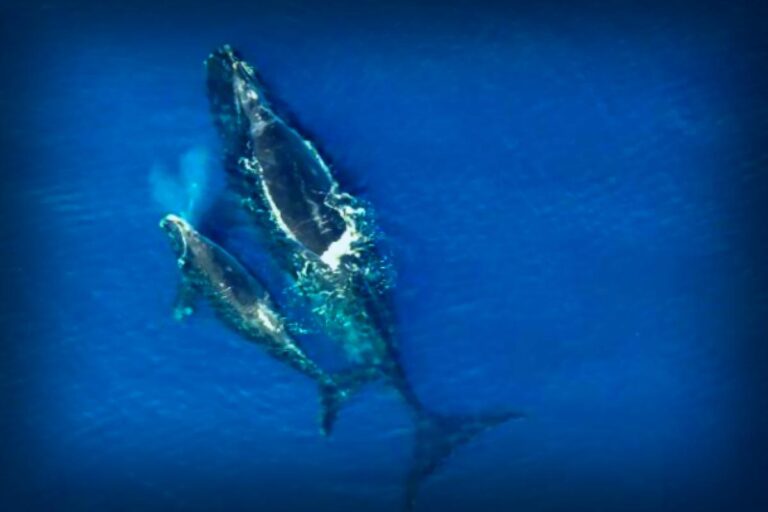Once Upon a Time…
Not too long ago, American scientists and their research institutions were seen as benchmarks for excellence worldwide. There was a time when we were sweeping the Nobel and various other prestigious accolades, but that era seems to be behind us. The drastic budget cuts and the thinning of scientific personnel under the Trump administration are poised to erase America’s long-standing status as a frontrunner in science and innovation. Toby Smith, senior vice president for government relations and public affairs at the Association of American Universities, notes the gravity of this shift.
Recent analyses by economists paint a worrying picture. In the realm of advanced scientific research, the gap has been closing—where in 2017 the US led in eight key areas, by 2023, we’re now leading in only one: quantum computing.
It’s easy to overlook just how crucial government-funded research at universities and laboratories is to our daily lives. Taking the health sector as an example, a study has counted over the past decade that out of 356 newly approved drugs, 354 had their roots in funding from the National Institutes of Health (NIH)—the largest backer of biomedical research globally.
Think about it: our smartphones, computers, and even our roads benefit greatly from such research investments. A paper from the Federal Reserve Bank of Dallas highlighted that since World War II, government funding in research and development has contributed at least a fifth of the growth in U.S. productivity. While it’s true that allocated funding also supports classified military research, there’s a contrast with public interest science where the government’s role should ideally be just as a distant backer.
Deep Cuts and Political Influence
The shifts in scientific exploration pushed by the Trump administration have fundamentally upended the way independent research operates in this country. It’s almost as if we’ve got an oversight ‘guard’ of research that binds its wings—think of it like a ministry dictating terms akin to those in authoritarian regimes. Now, if a study aligns with topics like DEI, LGBTQ+ rights, or climate change, securing federal funding has become a Herculean task. Just mentioning these subjects in a National Science Foundation grant proposal can automatically disqualify it.
The Guardian has reported that over 1,653 active research grants have been abruptly canceled, despite their merit. Many scientists who do not resonate with the political ethos of the Trump administration are being booted from their roles—as evident at Health and Human Services, where immunization scientists have faced the axe for opposing certain vaccination narratives. The scientific arm of the Environmental Protection Agency has faced similar dismantling.
Meanwhile, the heads of major public health organizations, like the Centers for Medicare and Medicaid Services and Food and Drug Administration, reportedly hold dubious credentials. Educational researcher Karin Fischer mentions how top officials have declared an end to scientific collaborations with international partners and intensified scrutiny regarding foreign funding to U.S. colleges.
The current administration appears determined to impose its will rather than engage in dialogues for better partnerships. Examples abound: directives to erase climate crisis information from Department of Agriculture websites, restrictions preventing the Centers for Disease Control and Prevention from publishing scientific findings on avian flu risks, mass layoffs at disaster response agencies, and significant reductions in climate investment funds, which ironically benefit Republican locales.
A Leap Away from Science and Reality
Looking at the way politically unfavorable research is treated under Trump exemplifies an alarming trend. Even though there are Congressional mandates for climate assessments to be prepared every four years, crucial reports like the next one due in 2027 have seen their online access obliterated. The now-disallowed document cites alarming realities of climate change, urging immediate and significant cuts to greenhouse gas emissions or face catastrophic impacts.
Today, America’s scientific prowess has begun to lose its luster as talents coast-bound elsewhere—countries like France, Japan, Australia, and the Netherlands are actively recruiting U.S. scientists, while China has successfully wooed many STREM (Science, Technology, Engineering, Mathematics) scientists back who aspired to thrive in the U.S.
In essence, we’re witnessing a troubling wave of an anti-science and anti-intellectual progression that presents risks not only to public health but also to the economy, quality of education, and the overall global standing of the United States.
Mel Gurtov, affiliated with PeaceVoice, serves as a Professor Emeritus of Political Science at Portland State University.
Originally published by Z. Feel free to share widely.Subscribe to get a free edition of ZMagazine, event invitations, and our weekly digest.




















